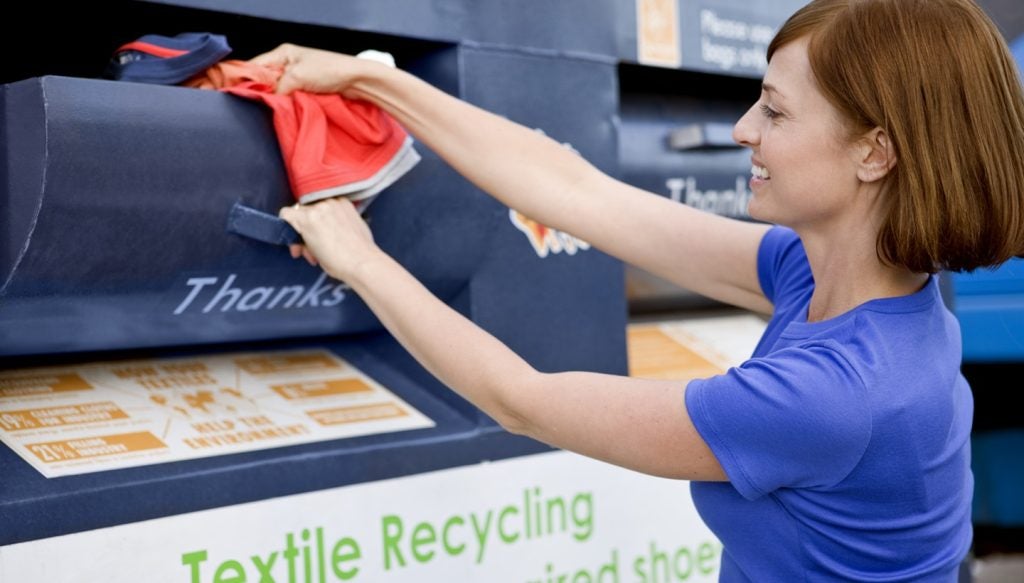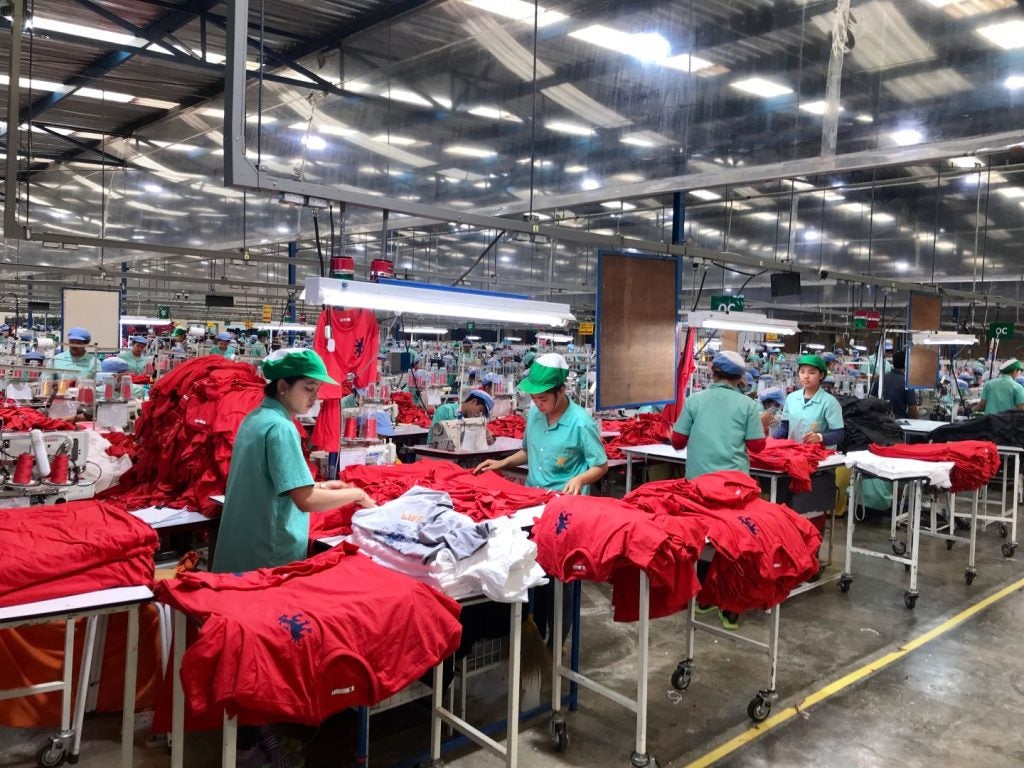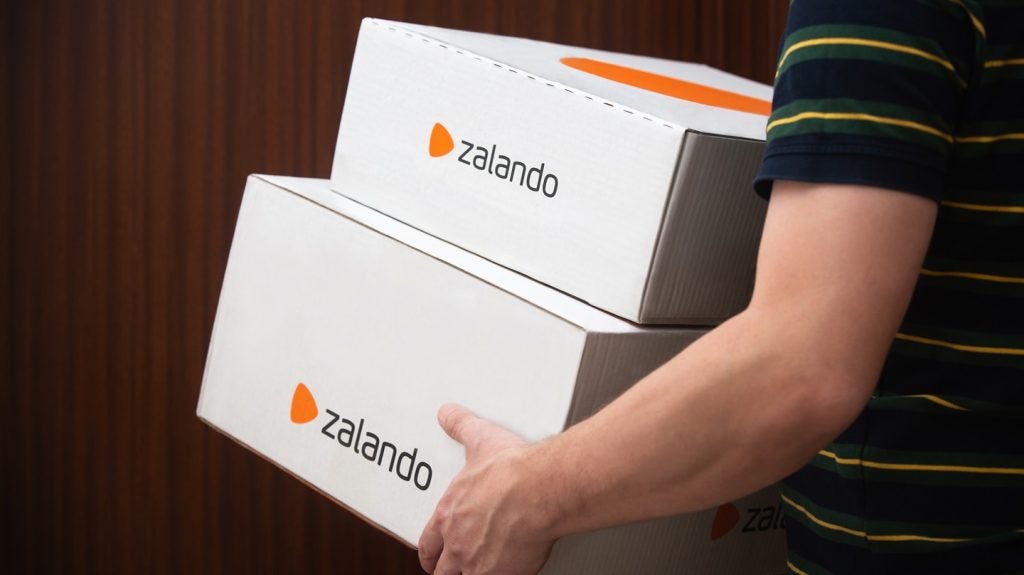The clothing bins are crucial for extending the life cycle of textiles, diverting them from landfills and contributing to a sustainable circular economy, while also improving local economies.
The call came as governments across the globe are increasingly implementing policies like the Extended Producer Responsibility (EPR) programmes, to tackle the textile waste crisis.
In the US, textiles account for nearly 17 million tonnes of waste annually, representing about 6.3% of the total waste stream, according to the US Environmental Protection Agency (EPA).
Despite this, only a small fraction of textiles is recycled, even though nearly 95% could be repurposed, stated the association.
Reusing and recycling textiles not only reduces waste but also significantly lowers greenhouse gas emissions compared to other recyclable materials, notes SMART.
In response to this challenge, states such as California have already implemented EPR legislation that requires large-scale take-back programmes for used textiles.
Other states like New York and Washington, along with federal policymakers, are also considering similar measures to increase textile diversion rates.
SMART highlights the benefits of clothing collection bins
1) Boosting textile recovery: The textile recycling sector significantly reduces landfill waste by diverting around 4 billion pounds of clothing each year, with collection bins playing a crucial role in enhancing recovery rates and promoting sustainability.
2) Enhancing donation accessibility: Clothing collection bins provide a convenient disposal option for consumers, bridging the gap in areas without physical donation centres and helping to keep textiles out of household trash.
3) Supporting local employment: The operation of clothing collection bins generates jobs in logistics, warehousing, sorting, and recycling sectors, contributing to local economic growth and promoting a circular economy.
4) Funding charitable programmes: Operators of clothing collection bins often collaborate with charities through revenue-sharing agreements, offering a steady source of funding for community initiatives while furthering environmental objectives.
5) Cutting municipal waste costs: By reducing the number of textiles destined for landfills, clothing collection bins assist local governments in lowering landfill tipping fees, offering an economically efficient approach to managing textile waste.
Meanwhile, SMART encourages local governments to adopt balanced policies that ensure accountability and transparency while fostering collaboration with bin operators.
Excessive fees, restrictive placement rules, and administrative barriers may discourage operators from providing this essential service, it notes.
SMART is also urging local governments to acknowledge the role of clothing collection bins in mitigating textile waste. By endorsing their proper use, municipalities can foster sustainability, bolster economic growth, and enhance community initiatives.














